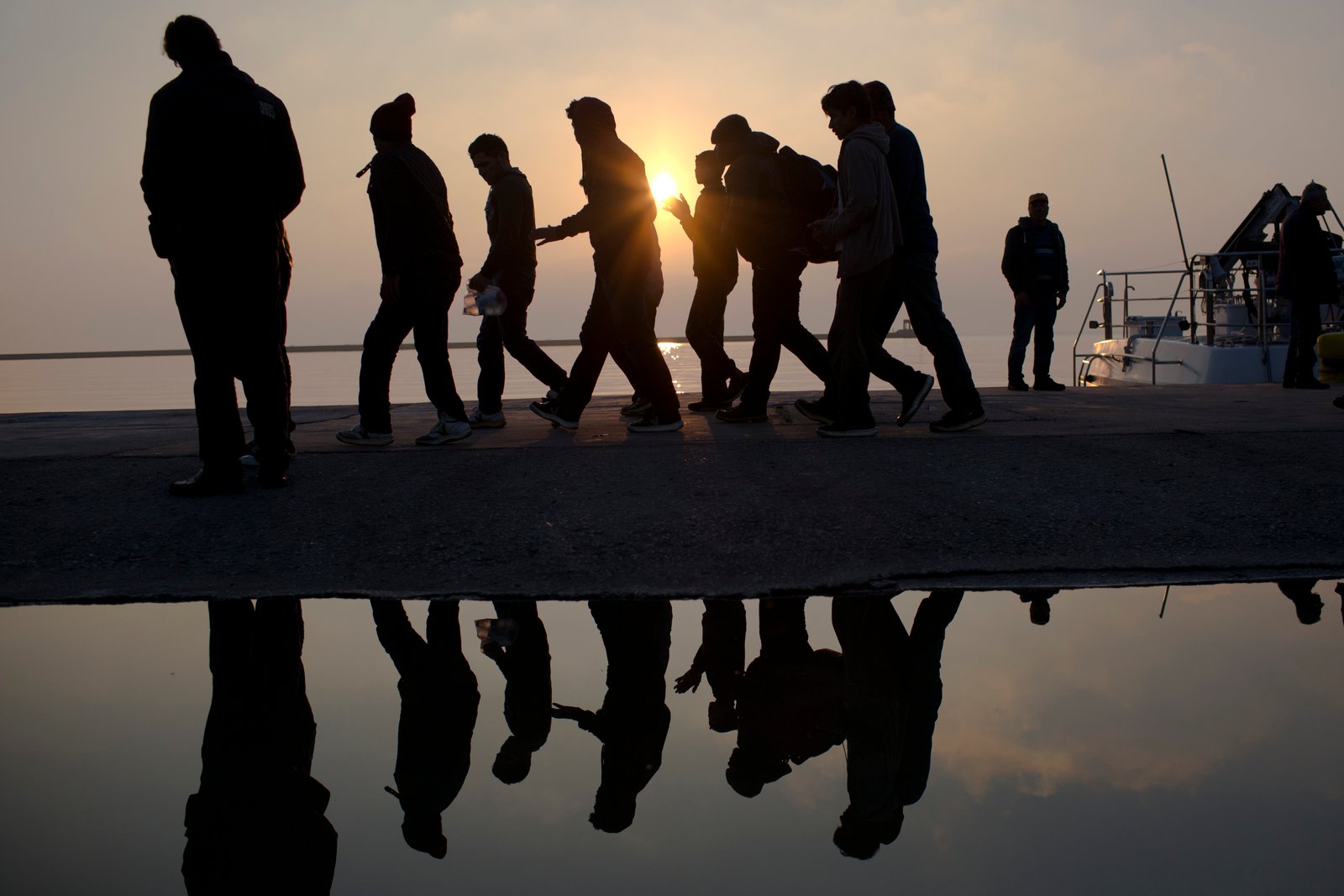

AP/Scanpix
Latvia, which has agreed to take in over 500 refugees under the European Union’s resettlement programme, struggles to meet the quota and making sure that the refugees stay in the country.
The migrant crisis in the European Union continues to prove a difficult challenge for the bloc with a number of issues having arisen during the past few years. A common issue among the Baltic states is a combination of accepting and retaining migrants. Under the two-year EU programme, only 45 had arrived in Latvia by last June and only 20 people have stayed in the country.
As Director of the Red Cross in Latvia Uldis Likops points out, “Latvia is not as wealthy as certain other EU member states such as Germany, Sweden or other Scandinavian countries, where they [the refugees] mostly go. They have not understood that the EU member states are not identical, that Latvia is not that wealthy.”
Latvia provides payments of €139 to the head of a refugee family and €97 for a second family member. To compare, Lithuania offers €204 and €102, respectively, and in Poland the payments are €309 and €216.
Even after leaving the country, the refugees are entitled to the benefits for nine more months, a realisation that has caused an uproar in Latvia. The country’s government has rushed to change the law, but it will take another year to come into effect.
In Lithuania, refugees stop receiving benefits one month after leaving the country.
Alfa.lt
On March 31 morning, Minister of National Defence Dovilė Šakalienė announced that an M88 armoured…
I admit it: I’m not that type of person who follows domestic and international politics…
While Prime Minister Gintautas Paluckas does not take issue with the statements made by the…
Lithuanian economists are surprised to see our country's economic growth: the Estonian economy has been…
"The fate of Nemuno Aušra (Dawn of Nemunas) in the coalition has been decided; they…
Airvolve, a Lithuanian dual-purpose aeronautics company, has successfully completed its first round of testing and…